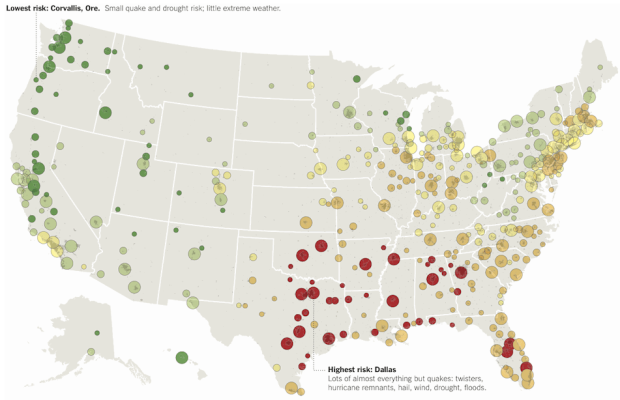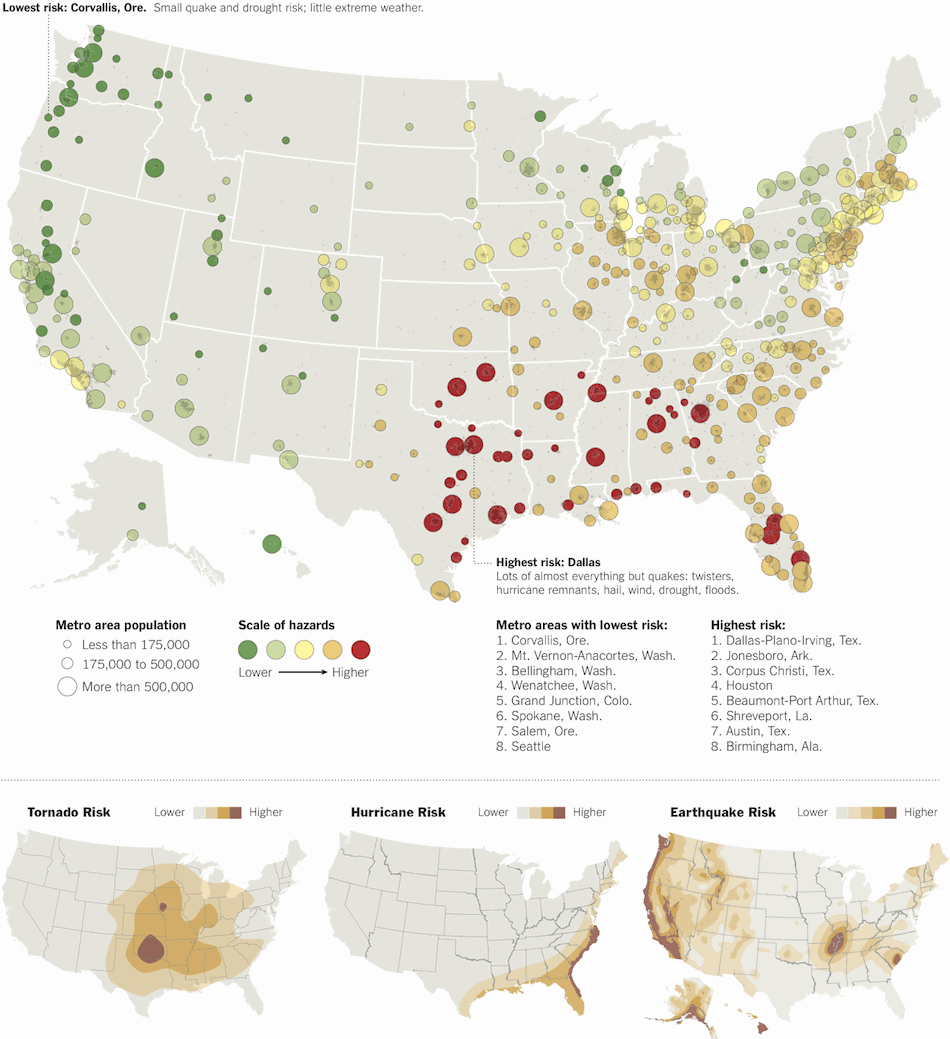LOL!
Give me a museum and I'll fill it. (Picasso) Give me a forum ...
- Joined
- Jun 25, 2005
- Messages
- 10,252
I found this to be a great article about what happens when a natural disaster happens:
https://www.nytimes.com/2019/09/07/world/americas/bahamas-hurricane-dorian-relief.html
Basically, citizens are angry that there is not instant relief to their plights. They forget about things like the government doesn't even own any helicopters and that First Responders have their own families to stabilize and many other basic things. Plus no one can imagine that someone else might be worse off than they are.
That is, the world does not revolve around people who have been wiped off the face of an island.
I've kinda known all this after experiencing personally hurricanes such as Sandy, Ike, Rita, Harvey, and some others. Cash won't help you no matter what people say. You had better be able to camp without any external power, fuel, water, food, medicine, or news for a few weeks at a time. Or you need multiple ways to get out of the disaster zone without any help from anybody else. If you can't do these things, then you need to get out ahead of time if you get any notice of impending doom. It is better to get out ahead of time and then nothing happen than to be stuck when the SHTF.
https://www.nytimes.com/2019/09/07/world/americas/bahamas-hurricane-dorian-relief.html
Basically, citizens are angry that there is not instant relief to their plights. They forget about things like the government doesn't even own any helicopters and that First Responders have their own families to stabilize and many other basic things. Plus no one can imagine that someone else might be worse off than they are.
That is, the world does not revolve around people who have been wiped off the face of an island.
I've kinda known all this after experiencing personally hurricanes such as Sandy, Ike, Rita, Harvey, and some others. Cash won't help you no matter what people say. You had better be able to camp without any external power, fuel, water, food, medicine, or news for a few weeks at a time. Or you need multiple ways to get out of the disaster zone without any help from anybody else. If you can't do these things, then you need to get out ahead of time if you get any notice of impending doom. It is better to get out ahead of time and then nothing happen than to be stuck when the SHTF.
Last edited:


 This just makes Texas a more scary place.
This just makes Texas a more scary place.